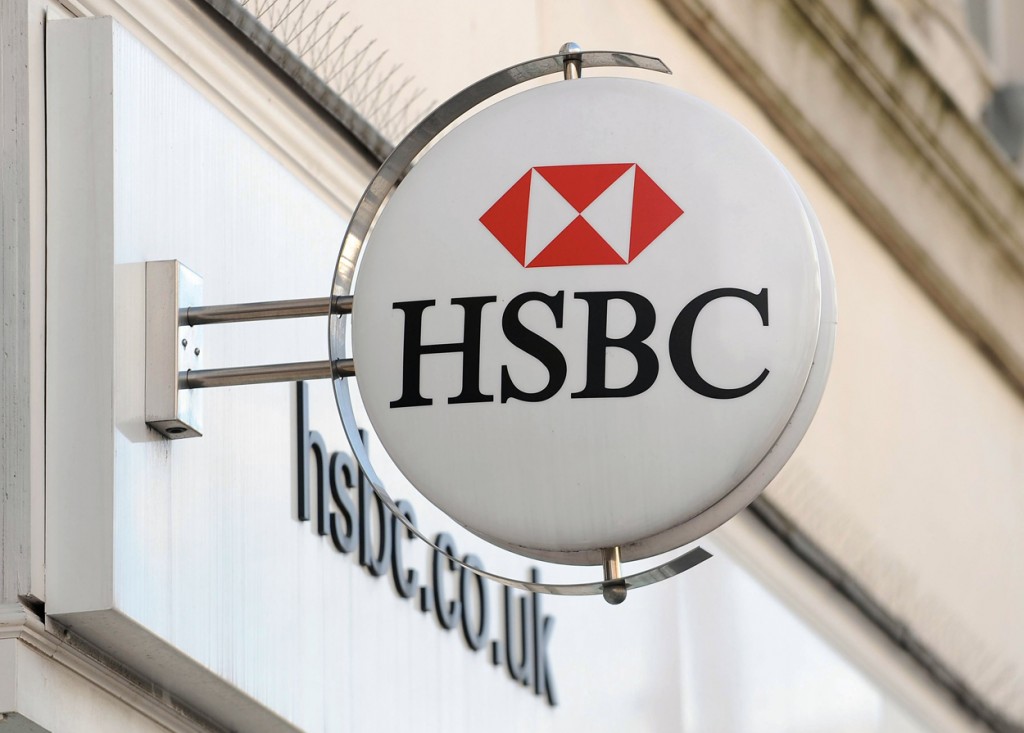Loretta Lynch, President Obama’s nominee for attorney general, is facing questions about why she let multiple bank employees who funneled millions of dollars to the Iranian government, Middle Eastern terrorists and Mexican drug cartels walk away without criminal prosecution.
Sen. David Vitter, a member of the Senate Judiciary Committee, today launched an investigation into the matter. He cited the concern as a reason to delay Senate confirmation of Lynch, who was nominated to replace Eric Holder as the chief law enforcement officer in the United States.
“If Loretta Lynch and [the Justice Department] swept under the rug a serious money laundering scheme involving Mexican drug cartels and terrorist organizations, we need to know a heck of a lot more about it,” Vitter told The Daily Signal.
“This is especially true since American citizens may be completely unaware that their identities—including names and Social Security numbers—were compromised in this fraud.”
While serving as U.S. attorney for the Eastern District of New York, Lynch, along with the Justice Department, oversaw a massive lawsuit against British banking giant HSBC. Bank officials and other employees faced accusations of laundering more than $200 million through its U.S. bank. The employees allegedly opened fake accounts using customers’ private information.
Federal prosecutors accused HSBC of “illegally conducting transactions on behalf of customers in Cuba, Iran, Libya, Sudan and Burma—all countries that were subject to sanctions enforced by the Office of Foreign Assets Control at the time of the transactions.”
Instead of criminally prosecuting those individuals responsible, Lynch helped negotiate a $1.92 billion dollar settlement with HSBC in December 2012.
During her confirmation hearing for attorney general last month, Lynch said she has been “very aggressive” in pursuing white-collar crime.
“At the outset, no individual is ‘too big to jail.’ And no one is above the law,” she told Sen. Richard Blumenthal, D-Conn.
But in the case of HSBC—one of the most high-profile white-collar crimes to date—no one ever went to jail.
The Daily Signal has reached out to the Justice Department for comment on the lawsuit.
Some, like Vitter, perceive the settlement as nothing more than a “slap on the wrist.” He said: “A simple monetary fine is the equivalent of a slap on the wrist, and would cast serious doubt on Ms. Lynch’s capacity to serve as our top law enforcement official.”
After being tipped off by a WND reporter who has closely followed the case since its onset, Vitter and his staff yesterday spoke with whistleblower John Cruz, a former HSBC manager who took more than 1,000 pages of bank account records and recordings related to the money laundering before being fired.
Following that conversation, Vitter became suspicious about the settlement. For that reason, he plans to delay Lynch’s confirmation process until he has answers.
“There is a very credible whistleblower … who said folks at HSBC knew what was going on, actively were helping use fake bank accounts to help this happen on behalf of drug cartels and terrorists,” Vitter told the Judiciary Committee earlier today.
“That’s pretty serious to end up having a resolution with a pure money fine.”































